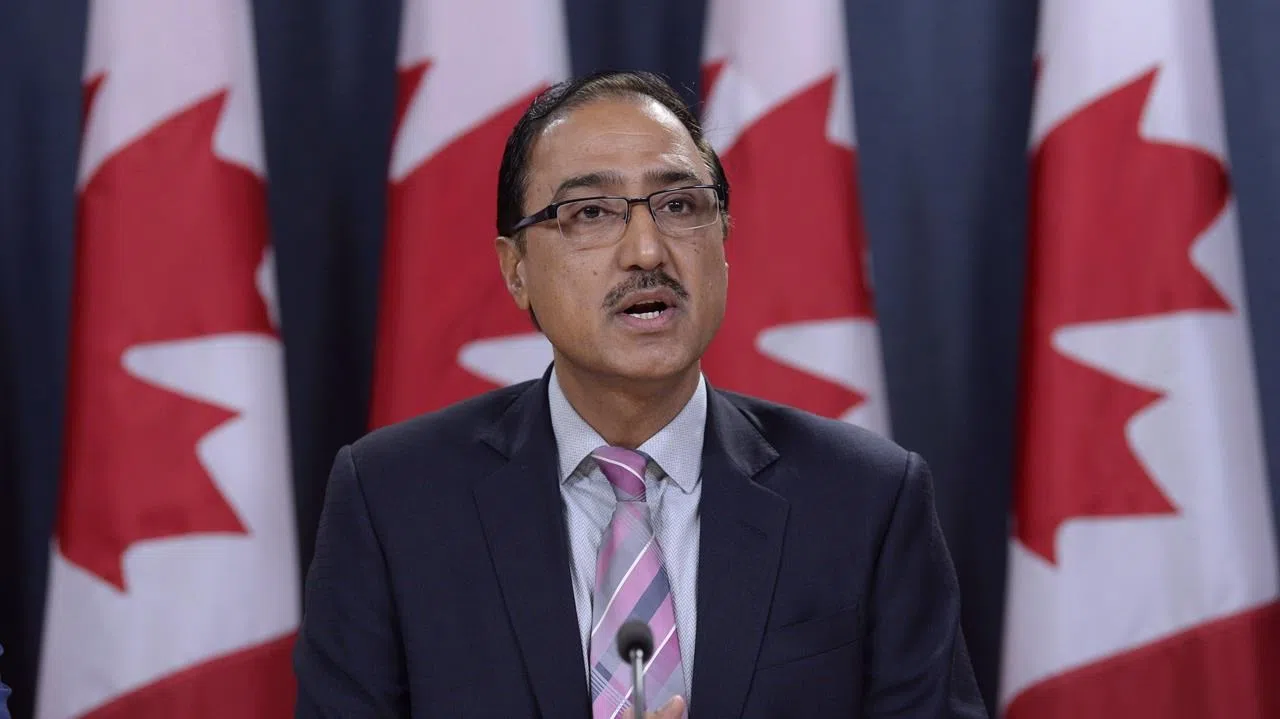
‘A national priority:” Alberta sets legal wheels in motion to cut oil production
EDMONTON — Alberta Premier Rachel Notley and her cabinet have put the legal wheels in motion to begin cutting oil production, while calling on the federal government to step up.
“We don’t actually need Ottawa’s sympathy. We need Ottawa’s full attention,” Notley said prior to a cabinet meeting Monday morning.
The meeting was called to hash out legal directives to give the Alberta Energy Regulator the power to direct oil producers to cut production by 8.7 per cent starting Jan. 1.
Notley said it will be a short-term solution designed to be monitored and adjusted monthly as necessary. It ends on Dec. 31, 2019.
